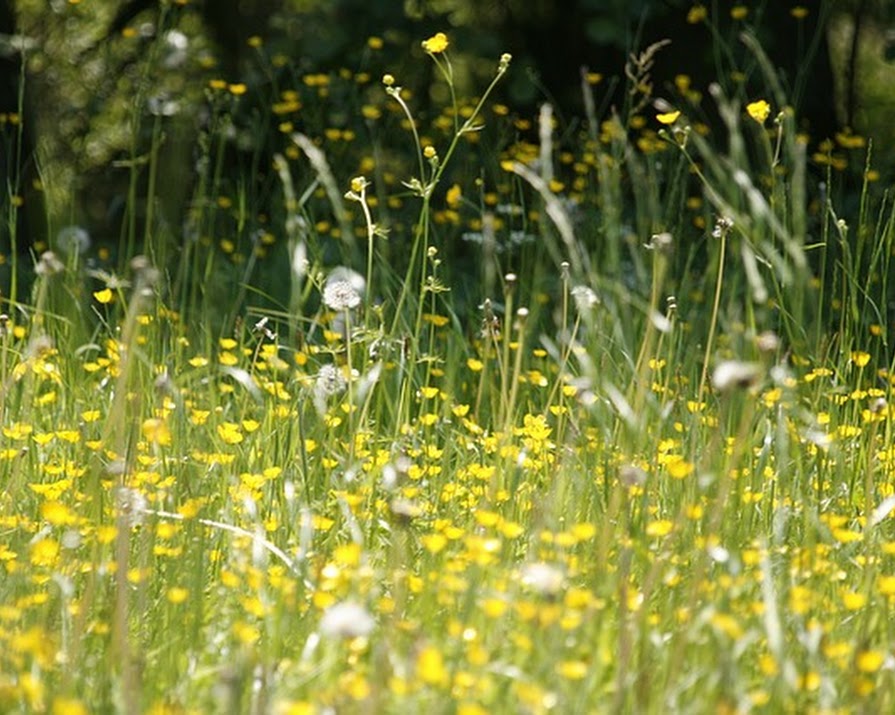
By IMAGE
29th Jun 2015
29th Jun 2015
hay fever
Suffering from hay fever can be more than a nuisance at this time of year. You’re not exactly ‘sick’ so you get very little sympathy from non-sufferers, but with itchy eyes, a scratchy throat and an endless stream of… nose stuff, it’s far from a barrel of laughs. Known medically as seasonal allergic rhinitis, hay fever is simply an allergic reaction to pollen and spores. It’s not so much the insect transferred pollen that causes the problem, but the plants that release its pollen directly into the air. Complaints vary from a runny nose on one end of the spectrum to swollen eyeballs. Yes, you read that right; according to South Dublin GP Paul Carson, in severe pollen reactions, the whites of the eyes can swell up to a jelly-like substance and bulge from the eye socket, which is not only unsightly but extremely uncomfortable”. Unfortunately or those with hay fever, the better the weather, the worse they’ll suffer. With a particularly high pollen count expected over the coming weeks, we’ve rounded up some of the best tips for dealing with the dreaded hay fever.
1. One easy and effective tip to minimise your discomfort is to apply a layer of vaseline just inside both nostrils. This will limit the amount of pollen entering your nose, causing it to stick to the vaseline and be wiped away.
2. Wear sunglasses when you’re outside, even if it’s not sunny. Try to choose sunglasses that cover the eyes well to avoid more pollen entering that area and making you itch.
3. If it’s really hot and sunny, decide to spend your days off by the sea than surrounded by grass.
4. Late in the morning and late in the afternoon, pollen counts are at their highest, so do yourself a favour and keep your windows closed during these times, as well as while you sleep. When driving, turn on your air-con instead of rolling down the windows.
5. Antihistamines will work to block the body’s production of histamine, but it’s worth noting that these will have little effect on a blocked nose. Avoid antihistamines that cause drowsiness during the day and opt for non-drowsy options. These will certainly work to calm down inflammation of the sinuses, but to clear a blocked nose, a decongestant is often required.
6. If your hay fever is particularly bothersome, a steroid nasal spray may be called for, following a trip to your GP.
7. As your immune system is busy working overtime to deal with the pollen, it’s important that hay fever sufferers remember to eat well, ensuring your intake of vitamins, minerals and superfoods don’t slip, and you wind up feeling run down in general.
8. Something that you won’t find behind the counter in a chemist, however, is local honey. For years now, treating hay fever with honey from as close to the area you live in as possible has been highly recommended because it works much the same as a vaccination. In short, you’re ingesting the pollen, therefore building up a resistance towards it, leaving you desensitised to the pollen that circulates around you. Claims that honey works for hay fever remain anecdotal, however, many regular sufferers swear by it and go so far as to take a spoonful of local honey every day long before the summer months come around. Manuka honey, though expensive, is best.
9. Elsewhere in natural remedies, Vitamin C has antihistamine properties. Load up on oranges, lemon juice and grapefruit to benefit not only from the antihistamine but also the bioflavonoids that boast powerful anti-allergy effects.
10. Hot peppers contain capsaicin, which opens the nasal passages. If you’ve ever noticed that your nose begins to run when you’re eating spicy food, that’ll be the capsaicin at work!
11. Chamomile tea is said to work wonders as a natural anti-inflammatory agent as well as an antihistamine.
12. Incorporating onions and garlic into as many meals as possible is also believed to help alleviate the symptoms associated with hay fever. The onions are a good source of quercetin that works as a natural antihistamine and anti-inflammatory agent. Meanwhile, the garlic works hard to boost your immune system in general and acts as a decongestant.
Any more tried and tested tips to share?

























